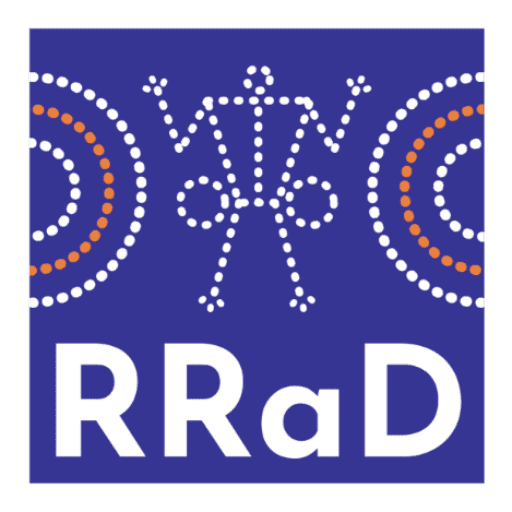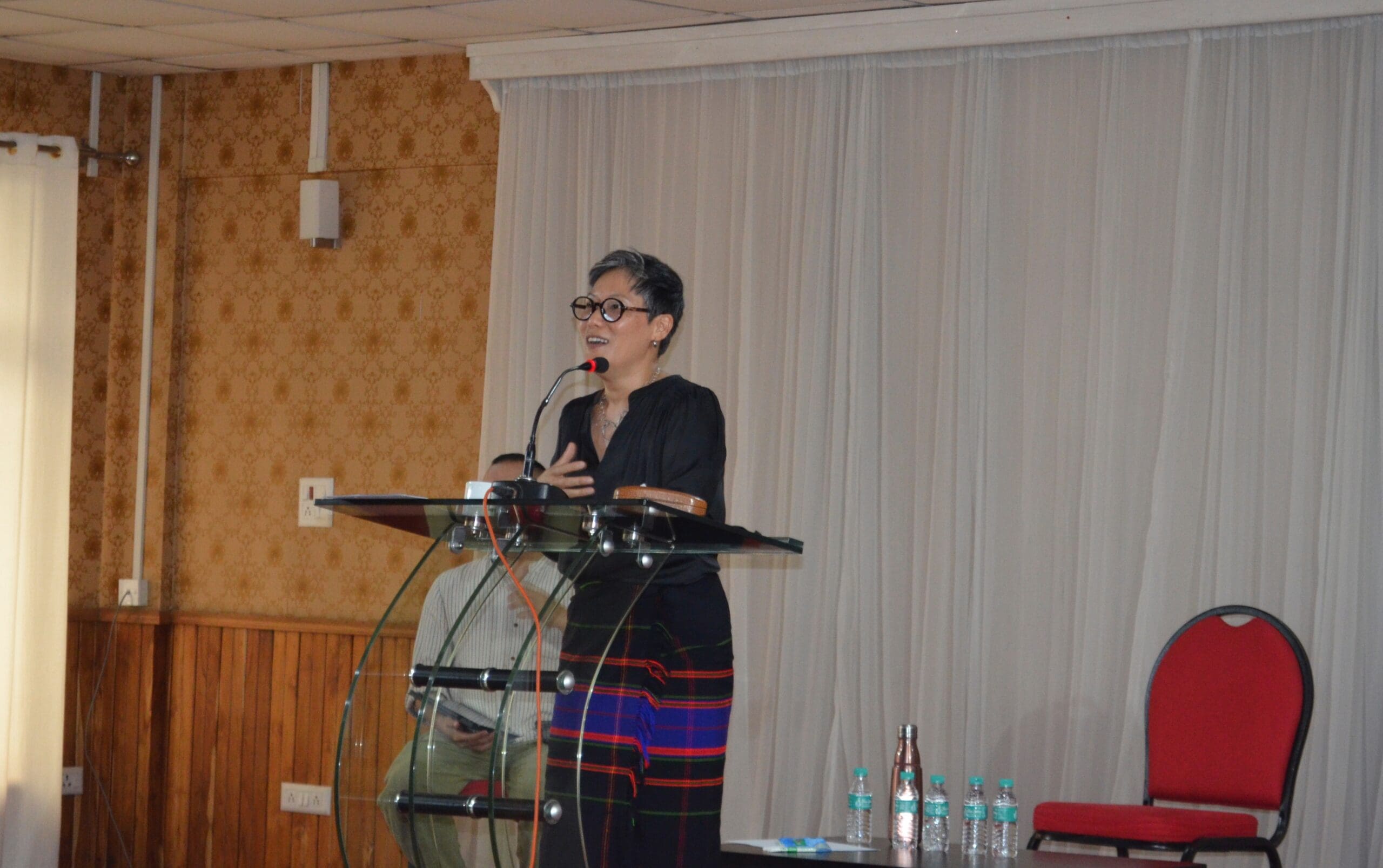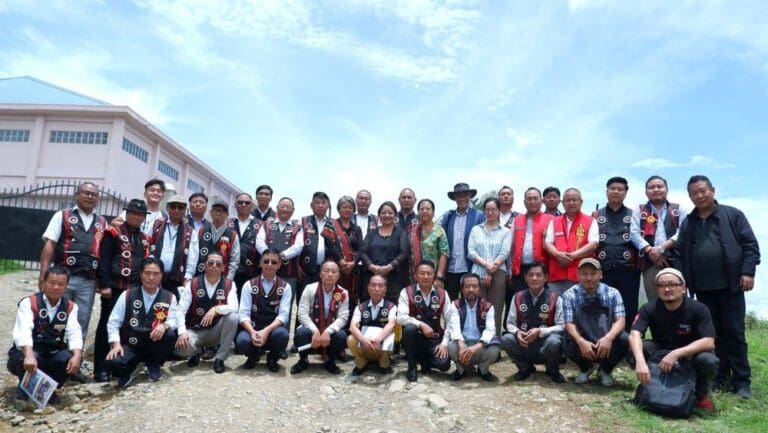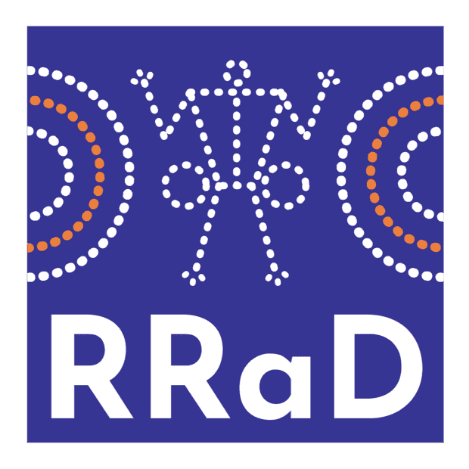Dolly Kikon delivers Morung Lecture on why Naga People should work together to recover Naga Ancestral Human Remains
“There is something sacred and spiritual about homecomings,” said Naga Anthropologist, Dolly Kikon delivering The Morung Lecture XV on a ‘Journey from the Heart: Naga Repatriation & Healing of the Land” at de Oriental Grand, Kohima on August 26.
She underlined “the act of homecoming, the process of return, the feeling that we belong to a community that we are one people.” “When we understand our past, recognise the present reality, and strive to work together, we begin to build our future,” she said. This is the point, she said, when “the work of decolonization begins for us as responsible thinkers and members of the Naga nation.”
Following the first lecture on Naga Ancestral Human Remains in Dimapur on July 27, 2022, a survey seeking reflections from the audience, which was predominantly a young crowd, was conducted.
The survey garnered responses such as enabling a dignified homecoming and providing an honourable memorial to Naga ancestors; identifying and addressing the burdens of violent British colonialism by telling stories and reclaiming history; creating a process of healing from the burdens of colonialism and facilitate mending of broken relationships; creating space for cooperation and dialogue; strengthening common and inclusive Naga history; and initiating a cycle of healing and restoration.
Kikon said that the Naga people have it in them “to love and care for one another, to dream for a Naga future where we will cherish one another, respect our elders, and be responsible for the land and the forests our ancestors walked, nurtured their bodies, and lived.”
She called upon the Naga people to join the journey “to bring back our ancestral human remains back to their land and their people.” “Our ancestors are done entertaining the world for more than a century, they are done being exotic show pieces and decorations on museum walls; they are done being misrepresented as primitives and savages,” she said.
‘Insensitive Displays’ of Naga human remains
On September 22, 2020, she recalled that the Pitt Rivers Museum in Oxford (England) opened their doors to the public after being closed due to the COVID-19 pandemic and during the closure, also decided to remove any human remains from their exhibition and renew efforts to work with different communities to return ancestral human remains taken during the period of British imperialism.
Kikon stated that “for more than a hundred years, human remains of Naga ancestors and sacred cultural objects collected by British explorers, administrators, military officers and anthropologists were taken from the Naga homelands and placed in museums, libraries, and private collections across the world.”
Categorised as “insensitive displays that highlighted the violent history of colonialism and imperialism,” she said that “this is part of the museum’s larger goal of decolonizing the museum which is aimed to start a process of redress and healing, which include mending a fraught colonial past and prioritising reconciliation and co-curatorship with source communities (in the case of the Naga ancestral human remains, the Naga people).”
The Pitt Rivers Museum possesses the largest Naga collection in the world with 6,459 items comprising of human remains and non-human remains (like textiles, baskets, musical instruments, wood carvings, hunting and farming tools, and jewelry).
She emphasized that “unconditional return of our ancestors’ remains is highly significant.” “This undertaking is a profound collective act through which the Naga people will have an opportunity to heal and facilitate a dialogue to address a violent historical past and to mend broken relationships,” she said.
‘Recover, Restore and Decolonize’
To facilitate the process of community dialogue to decide the ‘future care and/or return’ of Naga ancestral human remains, the Forum for Naga Reconciliation (FNR) formed a research group called Recover Restore and Decolonise (RRaD) to study and network with indigenous experts, conduct participatory action research, generate public awareness and develop a viable case to make an official claim to the University of Oxford.
This process, Kikon highlighted, will go through several steps and will take years before the remains are returned to the Naga people. Reiterating that the FNR is only a facilitator, she said that the beginning of the process was not easy and required a lot of re-thinking, re-conceptualizing and re-negotiating the process.
Kikon highlighted that the initiative is not about completing decolonisation. “It is only the beginning of thinking together how research, writing, and documenting are carried out with respect and accountability; actions and collaborations that shape a holistic intellectual indigenous knowledge system,” she said.
‘A Time of Reckoning’
Stating that “this is a time of reckoning,” Kikon expressed hope that the voices of the Naga people – young and old – will come together in this repatriation journey to reflect, dialogue, and initiate for the return of Naga ancestral human remains.
“We cannot let our links to land and history disappear,” she pointed out. Further with increasing outmigration of Naga youths in the hospitality sector and professional fields, she said that “the sorrow, anger, and frustration in the hearts of our young Nagas – the inheritors of our collective future – is not because there is no love in our hearts anymore for our people and our land.”
These developments, she said, “tell us about a crisis – a deep structural violence – a culture of militarization and impunity where the medium of communication is often a language of hurt and rage.”
The anguish of helplessness, she said, “calls us for a journey of truth-telling about who we are as Naga people, about our history, and what the future holds if we fail to come together.” She emphasized that “this journey begins with the realisation of our realities today, about what became of us and our history, to the extent of our ancestral remains as private property and exotic exhibitions in museums far away, and to our emerging Naga future generations living in poverty and deep inequalities around us.”
First published in The Morung Express | August 26 2022
Link: https://morungexpress.com/something-sacred-spiritual-about-homecomings





